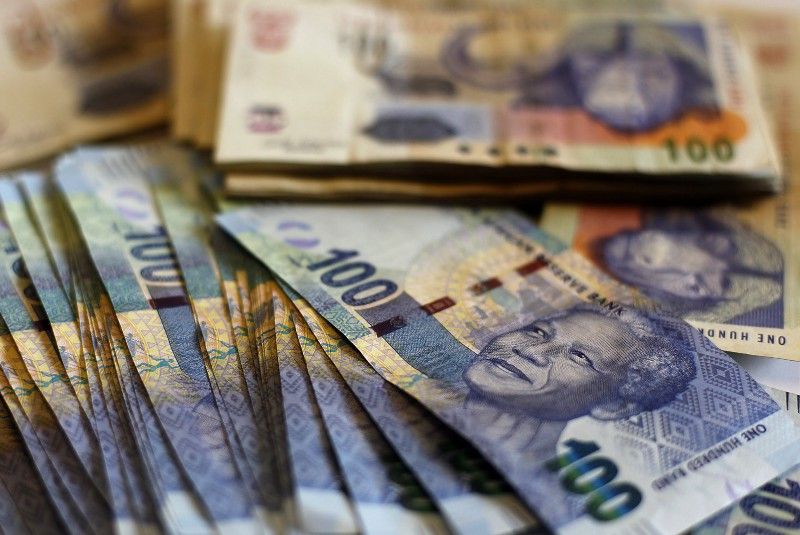January 12, 2018
In our digital world, more and more important decisions are now made by algorithms. On Tuesday, the rand, South Africa’s currency, instantly surged more than one percent when a dubious website published a fake story that President Jacob Zuma had resigned, triggering an automated decision to buy.
At first, the story seemed credible, because Zuma is no longer leader of the African National Congress (ANC), his political party, and because some within the ANC (and the opposition) are working hard to force him from office.
Then the story got weirder. News wires quoted a US congressional aide who said that Zuma was “missing.” Algorithmic traders didn’t immediately realize that, in this case, the name Zuma referred not to South Africa’s president but to the code name for Elon Musk’s latest mission to launch a military satellite. (Musk is from South Africa, not that that clarifies much of anything.)
Is that satellite really missing? No one will say. Is Jacob Zuma missing? No, he’s still in power, at least for now, aggravating investors and many South Africans. Did the rand recover? Yes, within minutes. But these are the kinds of stories we better get used to. Fake news and algorithms will sometimes combine to generate market-moving confusion. Don’t be surprised when bad actors try to mimic the conditions that created this situation to upset financial markets — and, perhaps, politics.
More For You
- YouTube
In this "ask ian," Ian Bremmer analyzes Trump’s recent meeting with Zelensky and how close (or far) Russia and Ukraine are from a peace deal.
Most Popular
- YouTube
Before turning to Top Risks 2026, Ian Bremmer looks back at how this year’s Top Risks 2025 actually performed.
Pro-democracy protesters carry portraits of North Yemen's late president Ibrahim al-Hamdi.
REUTERS/Khaled Abdullah
In the latest twist to Yemen’s decade-long civil war, a group of government ministers declared support for the UAE-backed Southern Transitional Council (STC), a rebel group that broke the war’s deadlock earlier this month by seizing control of the oil-rich Handramout region.
© 2025 GZERO Media. All Rights Reserved | A Eurasia Group media company.
